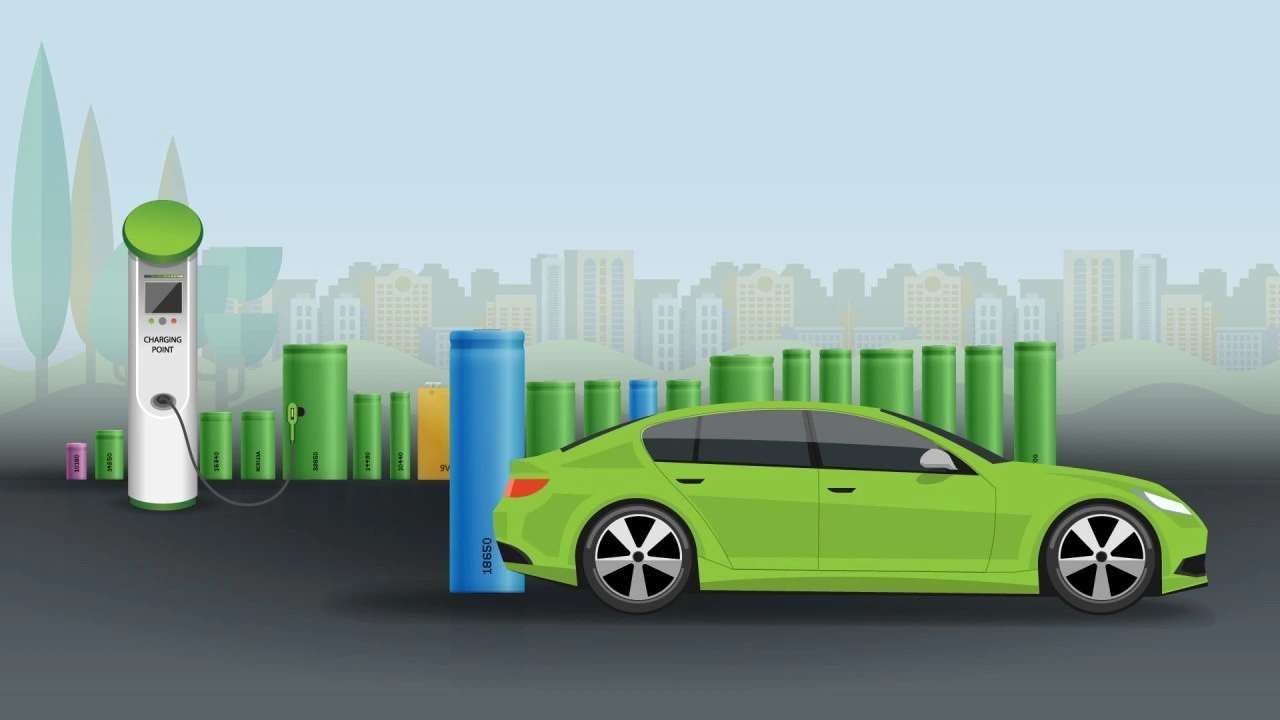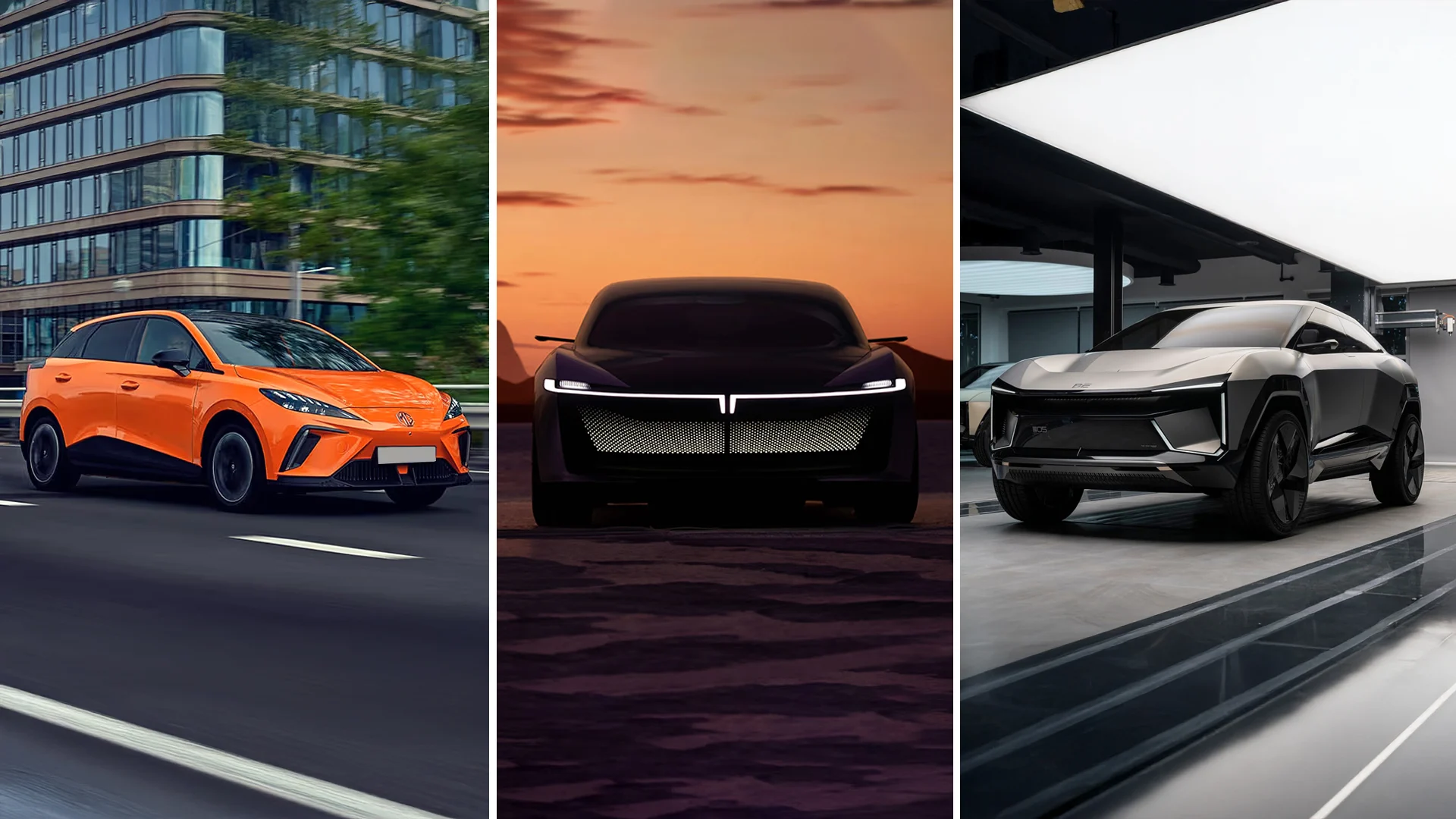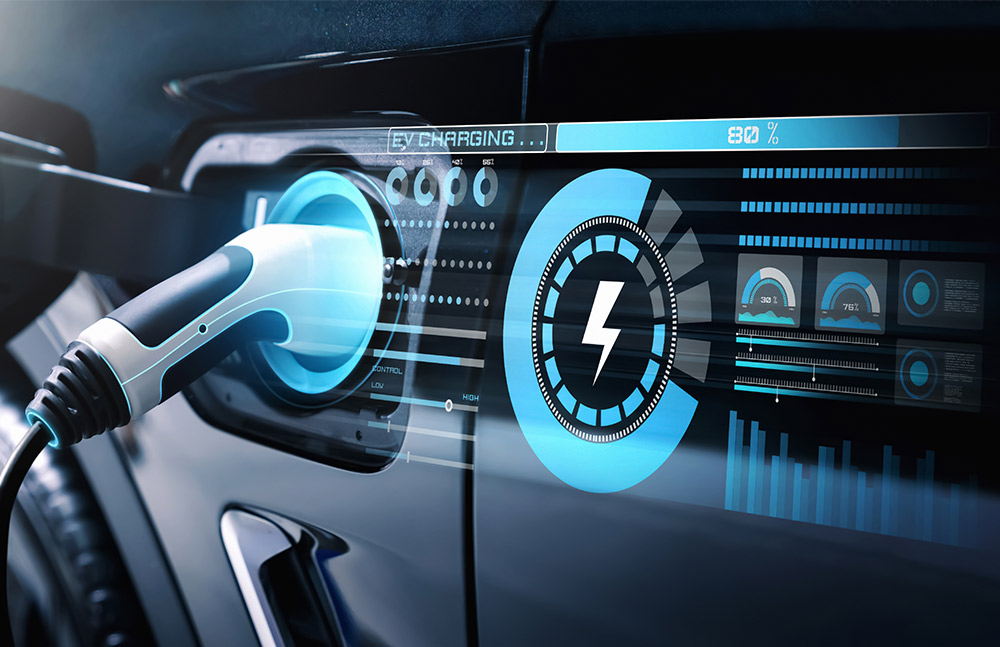
Table of Content
▼When comparing Electric Vehicles (EVs) and Plug-in Hybrid Electric Vehicles (PHEVs), both offer unique benefits and challenges. The choice between an EV and a PHEV depends on various factors, including driving habits, environmental concerns, infrastructure availability, and budget. Here’s a detailed comparison to help you understand which might be better for your needs:
Electric Vehicles (EVs)
Pros:
- Zero Emissions: EVs produce no tailpipe emissions, making them environmentally friendly and contributing to cleaner air.
- Lower Operating Costs: With fewer moving parts and no need for oil changes, EVs generally have lower maintenance costs.
- Incentives: Many governments offer incentives, tax credits, and rebates for purchasing EVs, making them more affordable.
- Efficiency: EVs are more energy-efficient compared to internal combustion engine vehicles, converting a higher percentage of energy from the grid to power the wheels.
- Quiet Operation: EVs operate quietly, reducing noise pollution.
Cons:
- Range Anxiety: EVs have a limited range on a single charge, which can be a concern for long-distance travel.
- Charging Infrastructure: While improving, the charging infrastructure is still not as widespread or convenient as fueling stations for gasoline cars.
- Longer Refueling Time: Charging an EV takes longer than refueling a PHEV or gasoline vehicle, even with fast chargers.

Plug-in Hybrid Electric Vehicles (PHEVs)
Pros:
- Extended Range: PHEVs offer a combination of electric driving and a gasoline engine, providing a longer overall range and eliminating range anxiety.
- Fuel Flexibility: You can rely on the electric motor for short trips and use the gasoline engine for longer distances or when charging stations are unavailable.
- Lower Emissions: While not zero-emission, PHEVs produce fewer emissions than traditional gasoline vehicles, especially when driven in electric mode.
- Incentives: PHEVs also qualify for some government incentives, though typically less generous than those for full EVs.
Cons:
- Complexity: PHEVs have more complex powertrains, which can lead to higher maintenance costs compared to EVs.
- Environmental Impact: PHEVs still produce emissions when running on gasoline, which may not align with the goals of those seeking a fully green vehicle.
- Higher Initial Cost: PHEVs can be more expensive upfront than conventional hybrids and sometimes even more than some EVs.
Which is Better?
EVs might be better for you if:
- You have access to reliable charging infrastructure at home, work, or in your community.
- You primarily use your vehicle for short to medium daily commutes.
- You are committed to reducing your carbon footprint as much as possible.
- You can take advantage of government incentives that make the initial purchase more affordable.
PHEVs might be better for you if:
- You often travel long distances and want the flexibility of using gasoline when necessary.
- Charging infrastructure in your area is limited or unreliable.
- You prefer a vehicle that offers both electric driving for daily commutes and gasoline for longer trips without the need to plan for charging stops.
- You want to reduce emissions and fuel consumption but are not ready to commit to a fully electric vehicle.
Ultimately, the decision between an EV and a PHEV depends on your specific needs, driving patterns, environmental priorities, and budget. Both options represent steps towards a more sustainable automotive future.
Also Read: The Ultimate Guide to Car Wash Accessories: Essential Tools for a Sparkling Ride
Mehul Jain
EV Specialist & Clean Mobility Advocate. Mehul Jain is an expert in India’s evolving electric vehicle ecosystem, with a focus on EVs, charging infrastructure, and sustainable mobility. His articles cover everything from government subsidies to range insights, helping readers navigate the shift to cleaner transportation.
_1770886465.webp)


_1716799620.webp)

